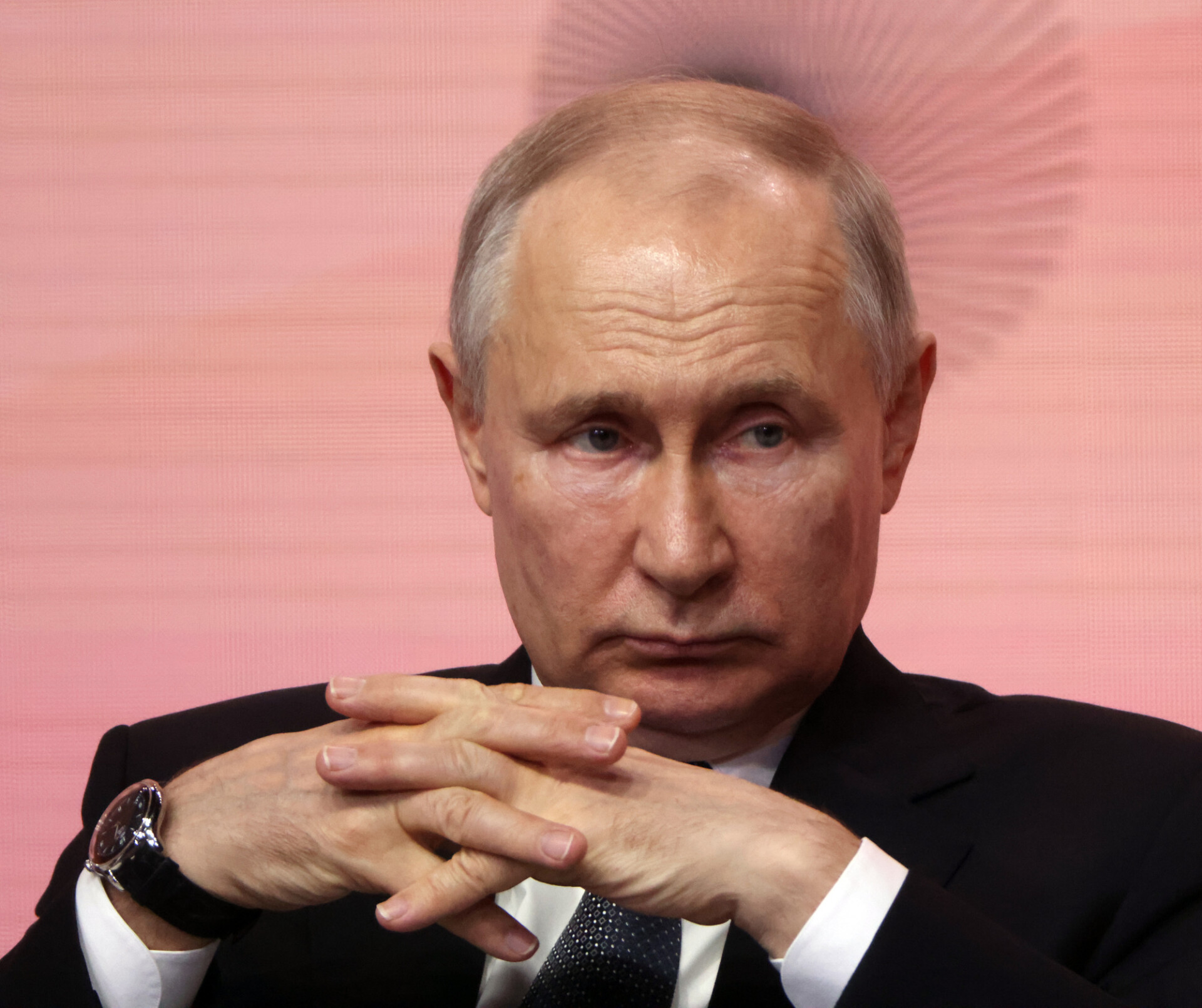Assuming that the damage just inflicted on internet cables beneath the Baltic Sea was the work of Russia (for which there is yet no direct evidence), this should be seen in conjunction with the decision by the Biden administration to allow the Ukrainians to fire US missiles deep into Russian territory. The British and French governments are reported to be following suit. American ATACMS missiles have already struck the Russian region of Bryansk.
Russia has repeatedly declared that because these missiles are guided onto their targets by US technology under US control, such strikes would be regarded as a direct attack by Nato on Russia, to which Russia would have to respond. Vladimir Putin has come under strong criticism from Russian hardliners for allowing previous “red lines” to be crossed.
A number of factors are however inhibiting a Russian response (let alone an escalation towards the use of nuclear weapons). First, although damaging, these missiles will not seriously affect the course of the war, which is now running strongly in Russia’s favour. Second, precisely because they remain under US control, the Kremlin seems fairly confident at present that they will be restricted to the region around the Kursk battlefield, and not directed against civilian targets in Russia. Last, and most importantly, Moscow is anxious not to fall into the trap that it thinks has been set for it by the Biden administration: that of retaliating against US targets, and thereby wrecking the chance of an advantageous peace deal with the incoming Trump administration.
At the same time, it would be surprising if Putin did not feel the need to do something in response, if only to deter the West from reducing its present limitations on Ukrainian use of Western weapons. One obvious strategy, which has been discussed by Russian commentators, would be to help America’s enemies in the Middle East with missiles and satellite intelligence to guide them. On the other hand, this would also endanger talks with the Trump administration; for while President-elect and his team seem genuinely anxious for a peace deal in Ukraine, they are slavishly attached to Israel and possessed of an almost feral hatred of Iran.
The Russians therefore might see sabotage attacks in Europe, and especially against Britain, as a way of sending a warning without unnecessarily alienating Trump — for whom concern for the wellbeing of allies has hardly been a leading characteristic. Recent months have seen a series of sabotage actions in Western Europe, though these have been very small and ineffective. It has been reported that a Chinese ship was tracked in the waters near where the most recent cable cuts took place. But given the coming tariff war the US will wage on China, and the threat that the EU may join the US, China has nothing to gain from a move like this.
If these were the work of Russia and not “false flag” operations by Ukraine to provoke greater hostility to Russia in the West, then it seems likely that they were intended not to do damage, but as warnings to the West. If so, Russia may now feel impelled to make good on those warnings and engage in serious sabotage against European Nato members, and especially against the UK and France.
This raises the question of why, after worrying obsessively about the risk of a Trump administration “abandoning Europe”, the British and French governments want to stick their countries’ necks out in this way just before Trump actually takes power. After all, Trump’s supporters see Biden’s move as a wholly illegitimate pre-emptive strike (by an administration that now lacks a democratic mandate) to wreck the President-elect’s future Ukraine policy and bequeath him a deeper crisis with Russia, and they see the British and French as Biden’s accomplices in this.
If Russia does retaliate against the UK, we would therefore be unwise to expect any great sympathy from Trump.











Join the discussion
Join like minded readers that support our journalism by becoming a paid subscriber
To join the discussion in the comments, become a paid subscriber.
Join like minded readers that support our journalism, read unlimited articles and enjoy other subscriber-only benefits.
Subscribe